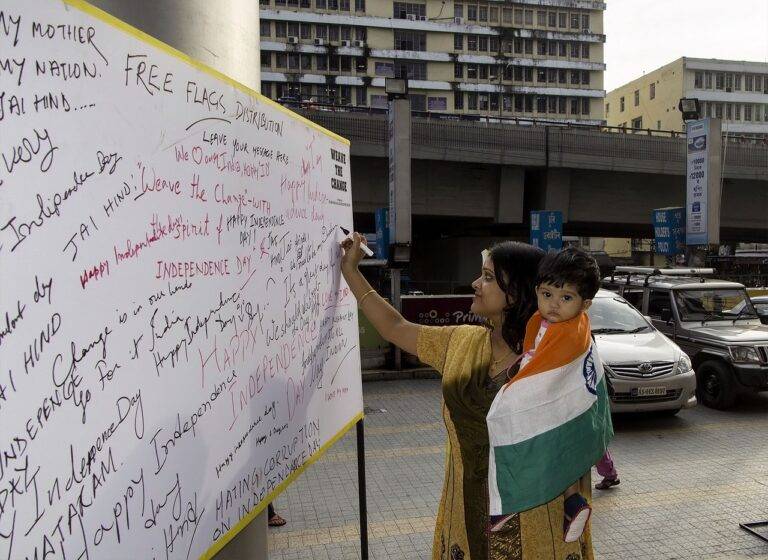Assessing the role of political ideology in shaping election outcomes
Political ideology plays a significant role in shaping voter decision-making processes. Individuals tend to align themselves with a particular set of beliefs and values that are closely associated with a specific political ideology. This alignment influences the way voters perceive political candidates and their policies, ultimately guiding their choices at the polls.
Moreover, political ideology can act as a filter through which voters interpret new information. It can impact how voters assess the credibility and relevance of political messages and news reports. Individuals are more likely to support candidates and policies that are in line with their ideological beliefs, leading them to filter out information that contradicts their existing views.
The Impact of Political Parties on Election Results
Political parties play a pivotal role in shaping election results across the globe. These entities serve as platforms through which candidates convey their ideologies and policies to voters. By aligning themselves with a particular party, candidates tap into an established voter base and benefit from the party’s resources and support.
Moreover, political parties help voters navigate the complexities of electoral choices by offering a clear and recognizable platform. Parties represent a set of values and beliefs that resonate with certain groups of voters, thereby simplifying the decision-making process for many individuals. In this way, political parties play a crucial role in influencing the outcome of elections by mobilizing support and shaping the overall political landscape.
The Role of Media in Shaping Public Perception of Political Ideology
In the contemporary political landscape, the media plays a crucial role in shaping public perception of political ideology. Through various platforms such as television, social media, and online news outlets, information is constantly disseminated to the masses. This flood of information can have a significant impact on how individuals perceive different political ideologies and make decisions when it comes to voting in elections.
Media outlets often have their own biases and agendas, which can influence the way they present information related to political ideologies. Whether it’s through framing of issues, selection of sources, or language used in reporting, the media has the power to sway public opinion in one direction or another. This can lead to polarization and division among the public, as individuals may be exposed to only one side of the ideological spectrum, reinforcing their existing beliefs and creating echo chambers of like-minded individuals.
How does political ideology influence voter decision making?
Political ideology can shape how individuals interpret information and make decisions about candidates and policies. Voters with strong ideological beliefs are more likely to support candidates who align with their views.
How do political parties impact election results?
Political parties play a crucial role in shaping the political landscape and influencing voter behavior. Parties help mobilize supporters, fund campaigns, and promote their ideology through messaging and media outreach.
What is the role of media in shaping public perception of political ideology?
The media plays a significant role in shaping public perception of political ideology by framing issues, presenting information, and influencing public discourse. Media outlets can have a profound impact on how voters perceive candidates and policies.







